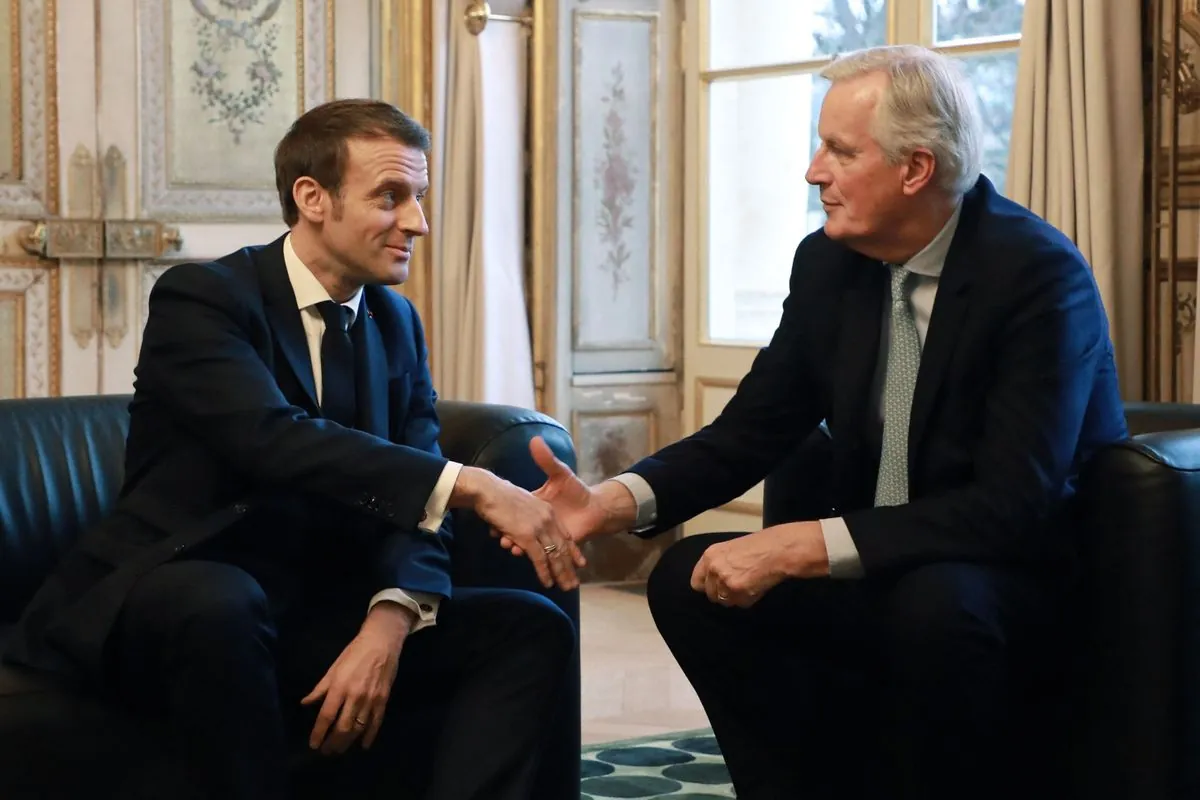In a surprising turn of events, France's political landscape has been thrown into turmoil following the recent parliamentary elections. The results, which defied predictions, have led to an unprecedented situation where the National Assembly is divided into three main blocks.
The Left-wing coalition unexpectedly gained the most seats, followed by Emmanuel Macron's party and Marine Le Pen's group. This outcome has created a challenging scenario for forming a government, as France lacks a strong tradition of coalition-building.
Macron's response to this situation has been controversial. Instead of immediately appointing a new prime minister from the leading coalition, he maintained his existing government for an extended period. This decision has been widely criticized as undemocratic and has led to an institutional deadlock.
After a 60-day delay, Macron finally named Michel Barnier as France's new prime minister. Barnier, known for his role in Brexit negotiations, belongs to the traditional right-wing Les Republicains party, which secured less than 10% of the vote and only 46 seats in the election. This choice has been met with bewilderment and accusations of disregarding democratic principles.
The appointment raises questions about the effectiveness of the "republican dam" concept in French politics. This strategy, which has been used since the 1980s to prevent far-right parties from gaining power, has historically benefited right-wing candidates. In this election, however, it seemingly favored the Left for the first time.
"In 2017, I had no problem calling for the 'republican front' to rally behind me."
Critics argue that Macron has been more willing to negotiate with Marine Le Pen's party than with the Left-wing coalition, despite previously benefiting from left-wing voters' support against far-right candidates. This apparent shift in approach has led to concerns about the integrity of France's democratic process.
The situation highlights the complexities of France's semi-presidential system, established in 1958. While the President has the power to appoint the Prime Minister, the government must also have the confidence of the National Assembly. This balance is now being tested in unprecedented ways.
As France grapples with this political crisis, questions arise about the future of its democratic institutions and the potential for reform. The current situation may lead to a reevaluation of the country's electoral system and the role of coalition-building in French politics.
The coming months will be crucial in determining how France navigates this challenging political landscape and whether its democratic traditions can adapt to the new realities of a more fragmented electorate.
